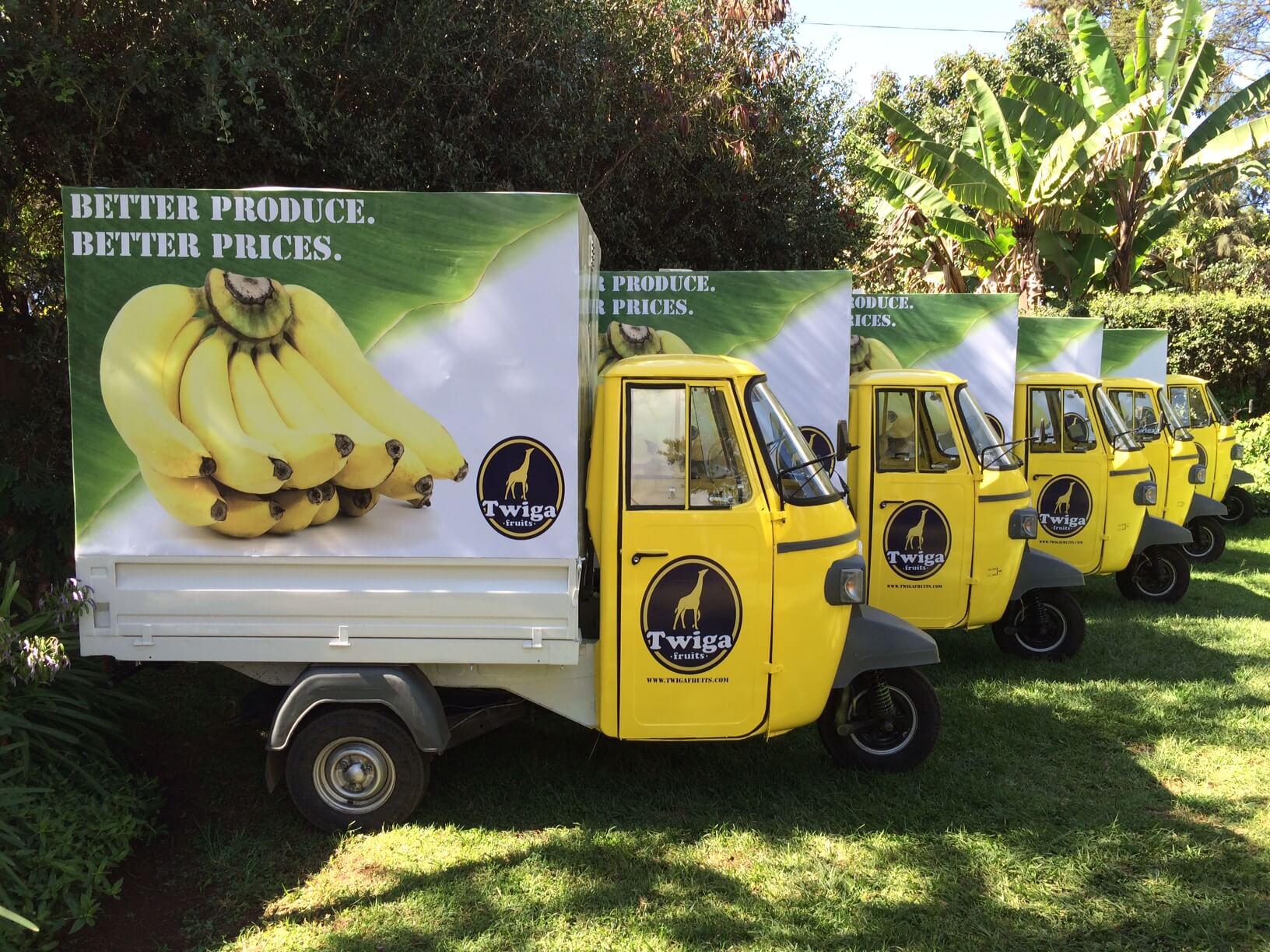Twiga Foods has introduced a blockchain-based microfinancing product that is accessible by 220 food stall retailers across Kenya.
The blockchain-based product has been released at a time when the government has set the pace for blockchain adoption in Kenya by establishing the blockchain and AI taskforce.
Twiga Foods, a business-to-business food distribution company, wanted to expand its logistics services by adding financial services. Therefore, the $13 million company partnered with IBM Research last year to create a blockchain-enabled supply lending platform to help increase its reach.
Credit access is a challenge often faced by SMEs across Africa because of barriers such as high cost of loans, the requirement to provide collateral, and the lack of a credit score. So to address this problem, IBM says it leveraged the blockchain and machine learning to calculate the credit score and disburse microloans to food kiosk owners in Kenya.
Isaac Markus, a researcher on the inclusive financial services group at IBM Research in Kenya asserted:
“After analyzing purchase records from a mobile device, we used machine learning algorithms to predict [creditworthiness], in turn giving lenders the confidence they need to provide microloans to small businesses. Once the credit score is determined, we used a blockchain, based on the Hyperledger Fabric, to manage the entire lending process from application to receiving offers to accepting the terms [of] repayment.”
Blockchain technology introduces trust, transparency, and security to the lending process hence increasing efficiency. Additionally, blockchains use smart contracts to reduce the amount of time it takes to process and disburse a loan.
“Previously, we were focused on helping farmers distribute bananas, tomatoes, onions and potatoes to 2,600 kiosks across Kenya, but we soon realized that we could help them sell even more produce with access to working capital,” Grant Brooke, co-founder of Twiga Foods said. “If the food vendors can sell more, we can distribute more, growing both of our businesses.”
Twiga Foods carried out an eight-week pilot where over 220 loans were processed with the average loan standing at Sh3,000 thereby increasing the order size by 30 percent and the profits for every retailer by 6 percent.
Furthermore, the four-day loans attracted an interest of one percent while the eight-day loans attracted an interest of two percent.
The loans were disbursed through mobile phones for use as working capital in businesses. Once a retailer received an order, they would get an SMS providing loan options to pay for that order. The retailer would then choose the loan of their preference.
Based on the pilot’s success, the platform is set to be rolled out to more SMEs across Africa by the end of 2018 with plans to extend it to new sectors.




